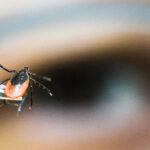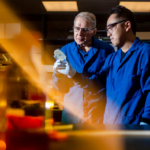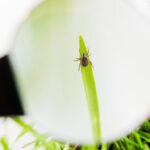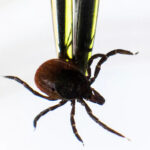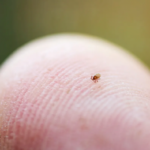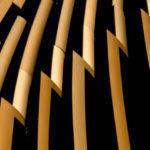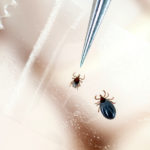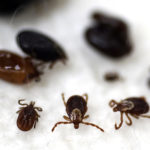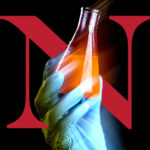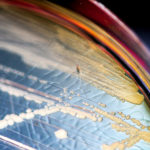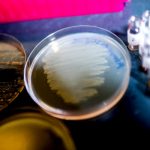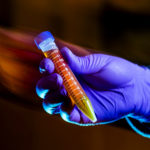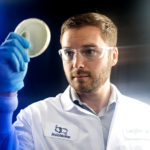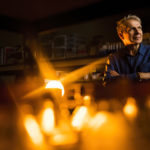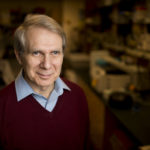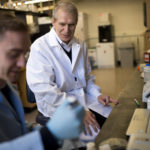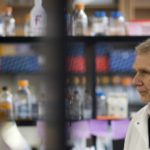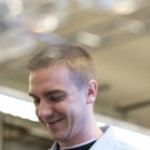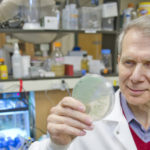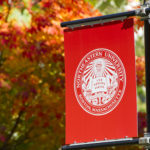About Kim Lewis
We study several related subjects – persister cells, microbiomes, and uncultured bacteria. This enables our work on antibiotic discovery. Persisters are dormant variants of regular cells which are tolerant to antibiotics and responsible for recalcitrance of biofilm infections. We identified a number of mechanisms for persister formation, and the first compound that kills them, acyldepsipeptide (Nature, 2013). Uncultured bacteria make up the majority of species in the environment, and are present in the human microbiome. We developed methods to grow these bacteria, and are finding growth factors that allow us to culture them in the lab. This led to the discovery of teixobactin, the first antibiotic with no detectable resistance (Nature 2015; 2021). A search for antibiotics from the microbiome led to the discovery of darobactin antibiotics (Nature 2019; 2022). We are currently developing a screen for antibiotics using single cell encapsulation in microdroplets containing intelligent reporters, and a microfluidics cell sorter.
The Center translates basic discoveries into novel antimicrobial therapies to help resolve the Antimicrobial Resistance Crisis, a slow-moving pandemic, according to the WHO. combat Biowarfare and conventional pathogen threats. The Center is funded by grants from the NIH, The Schmidt Futures and the Steven & Alexandra Cohen Foundation.
The Lewis Lab studies persister cells responsible for tolerance to antibiotics, uncultured bacteria of the environment and the microbiome, and works on drug discovery.
Publications:
-
Google ScholarRead

